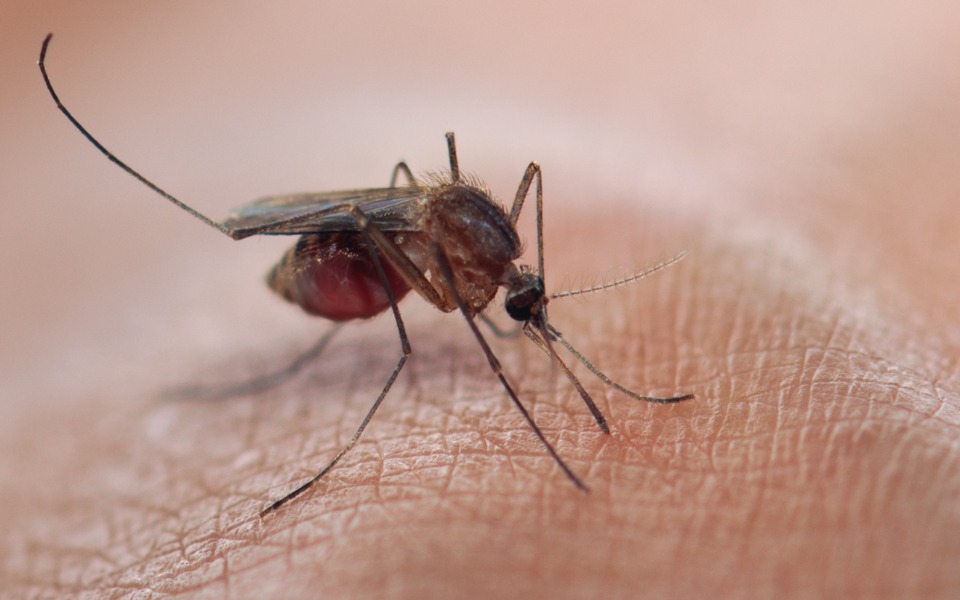
After WHO push, India steps up measures to eliminate Malaria

With a decline in malaria cases in South East Asia, the World Health Organisation (WHO) has pushed for concerted efforts across member countries to ensure zero malaria status by 2030. On Wednesday (December 4), the WHO called for intense action.
“There is a strong commitment to eliminate malaria in the region, reflected in the commendable intense efforts and progress being made by member countries. This momentum needs to be sustained and further accelerated to prevent, rapidly detect and treat malaria, to benefit everyone, everywhere,” said Dr Poonam Khetrapal Singh, Regional Director WHO South-East Asia.
As per the world malaria report released on Wednesday, in 2018 WHO South-East Asia Region had an estimation of 8 million cases and 11,600 malaria related deaths – 69% and 70% less as compared with 2010. This is the largest decline among all six WHO Regions. While Sri Lanka and Maldives have been certified Malaria free, Bhutan and Timor-Leste are closer to the target.
India reduced its reported cases by half as compared with 2017. Bangladesh and Thailand also reported a substantial decline in reported cases. The countries in the region are set to 40% reduction in 2020 and are working on a plan to eliminate the disease by the end of next decade.
The risk of the disease can be understood from the fact, that around 1.61 billion people in the region are at risk of it and it is endemic in nine countries.
“We need to intensify efforts, particularly at the sub-national and grassroots levels, with multi-sectoral collaboration, to strengthen surveillance and reach the most vulnerable and marginalised communities,” the Regional Director said.
Better implementation of treatment regimens, to effectively manage drug resistance and relapsing disease, needs to be focused upon, she said.
“We also need to further strengthen cross-border collaboration as malaria free countries would always remain at risk of importation from neighbouring endemic countries. Joint efforts to rapidly detect and respond to importations and prevent and protect vulnerable communities along the borders is vital in our drive to achieve zero malaria and protect everyone everywhere,” the Regional Director said.
The WHO South-East Asia Region, home to one-fourth of the world’s population, has been prioritizing malaria elimination. Member countries adopted a ‘Ministerial Declaration on Accelerating and Sustaining Malaria Elimination in the South-East Asia Region’ in November 2017. This was followed by a Call to Action adopted by countries of Greater Mekong Sub-region (GMS) May 2018. The Six GMS member countries, two from WHO South East Asia Region – Myanmar and Thailand – have stepped up collaboration to address resistance of malaria parasites to antimalarial drugs, including artemisinin, by eliminating malaria altogether from the Mekong by 2030.
The progress and challenges in malaria elimination are periodically reviewed by member countries. In September 2018, all member countries renewed their commitment and once again resolved to end the scourge of this life-threatening disease.





